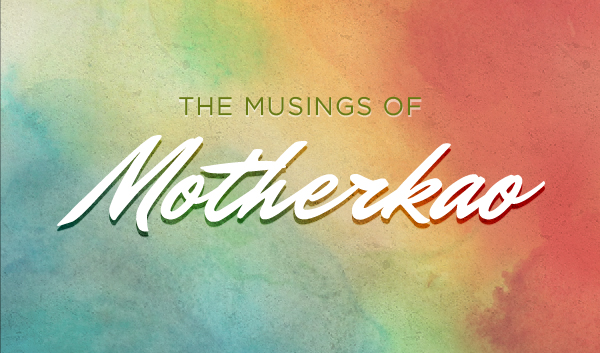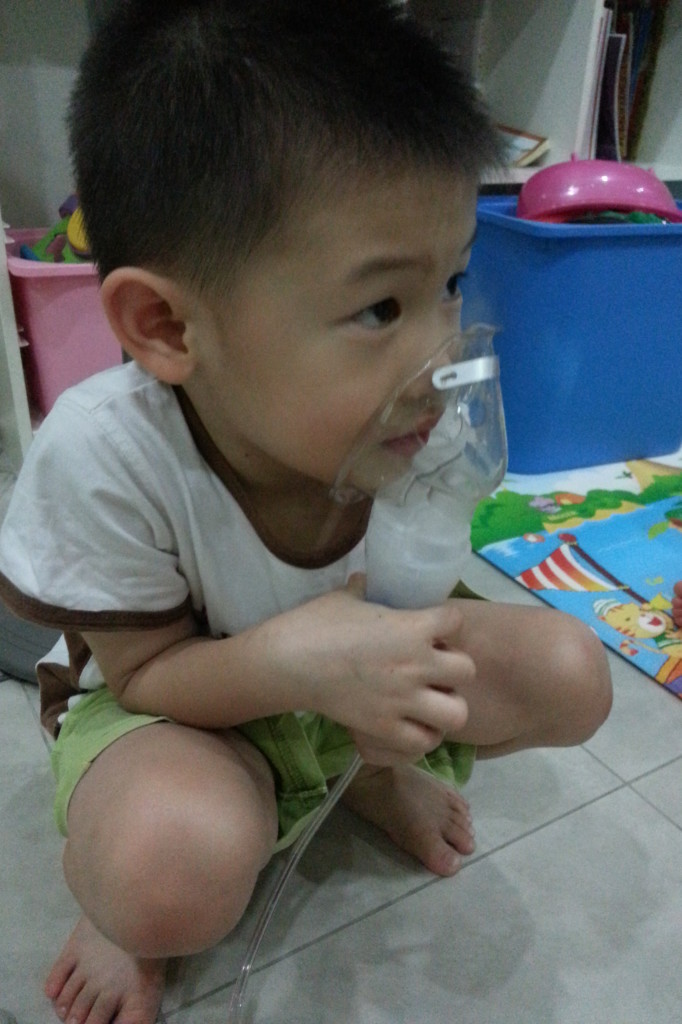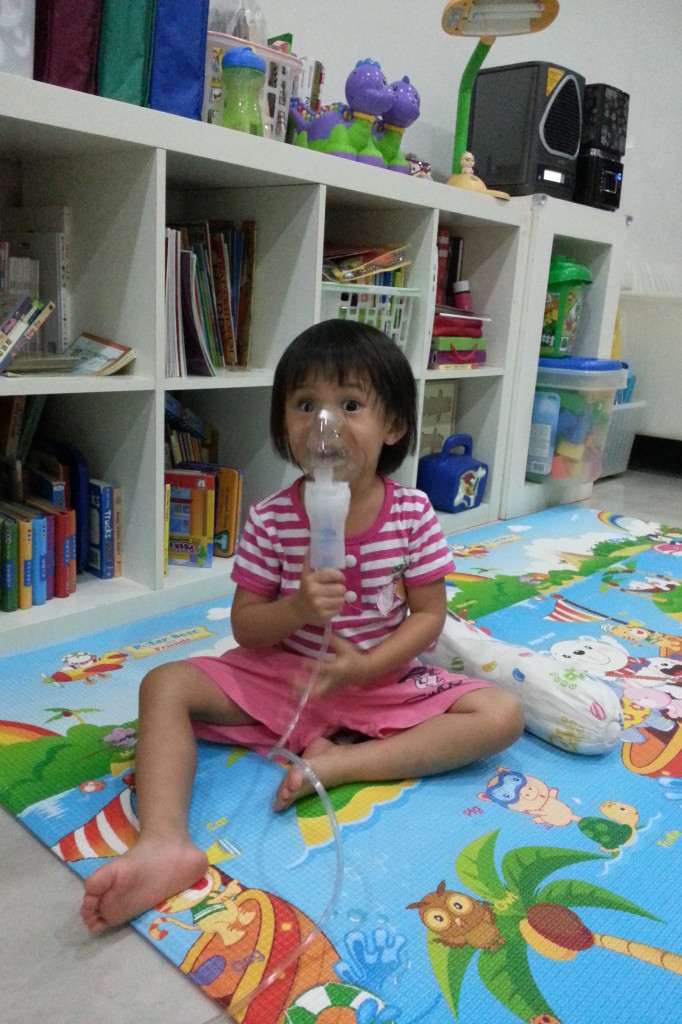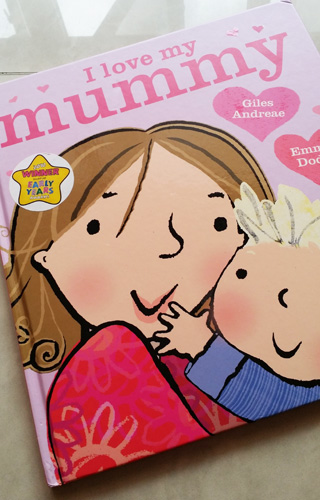We didn’t think we ever needed an air purifier. We have a humidifier that keeps us quite happy in air conditioning, the reed diffuser when the house smells bad (especially after deep frying fish), and the Delphin vacuum cleaner that keeps our house and bedding sufficiently dust free. We didn’t feel we needed to purchase one even when the realty folks decided to construct an EC next to us and construction dust was everywhere, or when the incense and joss papers burned for nights and days every seventh month, turning our estate into a smoky set for a horror flick.
We didn’t think we ever needed an air purifier, until now. This haze has made us think twice and acted almost immediately when the PSI hit 190 today. This week alone, we cancelled plans to visit Sentosa for the PLAYful Moments with Play Mobil and shelved our excursion to the Bird Park and the zoo. No way are we gonna risk three kids being outdoors in this lethal smokiness, (no) thanks to the smog from the fires from Sumatra blown here by the southwest monsoon wind.
I learned a lot just by googling “air purifiers” and talking to salesmen the last two days, and here is something I’ve compiled for the uninitiated, just in case you’re also gonna hit the stores to get one soon. Many models are out of stock, and the only ones left in the stores are higher end models with prices starting from $899. Major departmental stores have their stock come in over the weekends, but the sales folks say the air purifiers are literally grabbed from the shelves and sell out quicker than you can say “Purify my air, please”.
Here are some terms you need to know before getting an air cleaner / air purifier this haze season:
Some factors to consider buying an air cleaner / air purifier:
1. How much air purification coverage does the unit provide? Are you buying a unit to cover air purification for a room or the larger part of the house? Buy a unit that can cover an area larger than what you need.
2. What are the filter types and how often do you need to replace the individual filters? How much do the replacements cost? Be sure that replacement parts are readily obtainable and within budget.
3. What are the functions and capabilities that you need? What are the functions – does it only purify air, or can it sanitise and sterilise air, and discharge ions as well? Knowing the functions of what your unit provides is essential so you match its capabilities with what you need.
4. Is the unit noisy? A mechanical fan type air cleaner can be noisier than an electronic one. Needless to say, the higher the fan speed the more noise you’ll get.
On top of getting ourselves a unit today (which we are quite happy with considering our budget and many models being out of stock), we also do the following to keep well in this haze:
-
Taking Propolis (a natural remedy with antimicrobial properties used for strengthening the immune system) and Chuan Bei Pi Pa Gao (a herbal syrup for chronic cough, wind heat or accumulation of heat in the lungs)
-
Popping one multivitamin a day
- Nebulising with saline every night before bed to flush our sinuses clean
For now, I guess it’s time to turn on our Xbox Kinect since going outdoors would have to wait till the skies clear and our PSI return to acceptable levels again.







No Comments